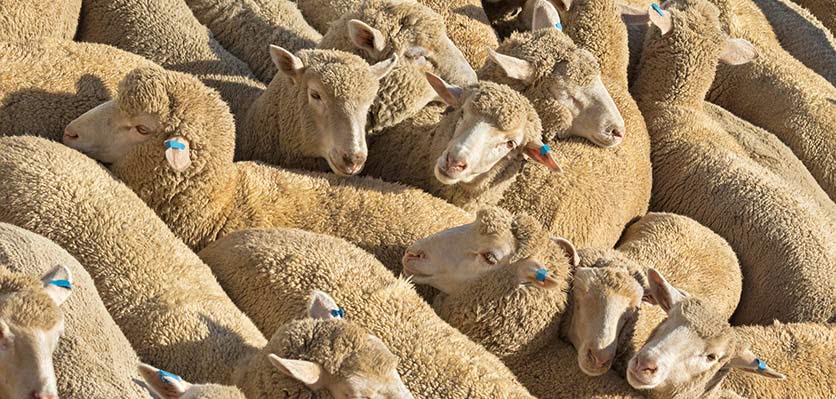The AVA view on live exports

The issue of live exports is a contentious one, which is why the Australian Veterinary Association (AVA) has developed a policy on this practice.
Ideally, the AVA believes that Australian food animals should be slaughtered as close to the site of production as practicable to minimise transport and handling stress, and to ensure they are protected by appropriate animal welfare and slaughter standards.
Where live export occurs, an Australian-registered shipboard veterinarian must accompany each shipment and this veterinarian must be independent and thus not employed by either the exporting company or the shipping company. Pregnancy testing of animals for export must be performed by an Australian-registered veterinarian.
Effective operational protocols must be in place at all times to safeguard the welfare of exported animals. These protocols must ensure humane animal transport, handling and slaughter practices in accordance with best practice; and include accreditation of abattoirs, training of employees and the implementation of an independent animal welfare auditing process.
Animals should not be subjected to prolonged land transport prior to exportation.
The establishment of abattoirs in Northern Australia to facilitate this process is encouraged. The development of effective cold chain facilities across all countries to facilitate the chilled and frozen meat export trade is also supported.
Where live export continues, it is important that there is strict adherence to the following requirements to protect the health and welfare of animals.
- Importing countries must be members of the World Organization for Animal Health (OIE) and have a legislative commitment to ongoing monitoring and enforcement of animal welfare standards.
- The AVA policy on humane slaughter for all species states, ‘When animals are to be slaughtered they must be humanely rendered unconscious until death.’ This equates to use of stunning for all species, including those involved in live export. Animals exported for breeding may be slaughtered many years after importation and it is difficult to influence the slaughter methods used for these animals. For this reason it is essential that Australian exporters and authorities continue to work to promote stunning as a routine practice in all importing countries in order to improve slaughter standards overall.
- The Australian Standards for the Export of Livestock (ASEL) and Australian Maritime Safety Authority requirements must be enforced by the Australian Government and regularly reviewed and updated. Independent audits must be conducted to detect any failures of Exporter Supply Chain Assurance System (ESCAS) and appropriate corrective actions taken. Use of CCTV is strongly recommended as part of this auditing process. Measures must be taken to ensure there is no conflict of interest for the veterinarians accompanying each shipment.
- There must be an effective and enforceable dispute resolution process agreed between governments prior to export approval being granted. Contingency plans must be in place to ensure that the welfare of exported animals is protected if they cannot be unloaded at the designated port.
There is a view that Australia is working to improve animal welfare in importing countries and if the live export trade ceases, this input may be compromised. Further, that animals will be sourced from countries with lower welfare standards than Australia.
Thus, while live export continues to occur, there must be continued research and development into the health and welfare of livestock at all stages of the export process, including ship-board conditions and slaughter.
It is important to engage with the livestock export industry and international veterinary associations to promote the welfare of animals globally and to help safeguard the welfare of all exported animals.
